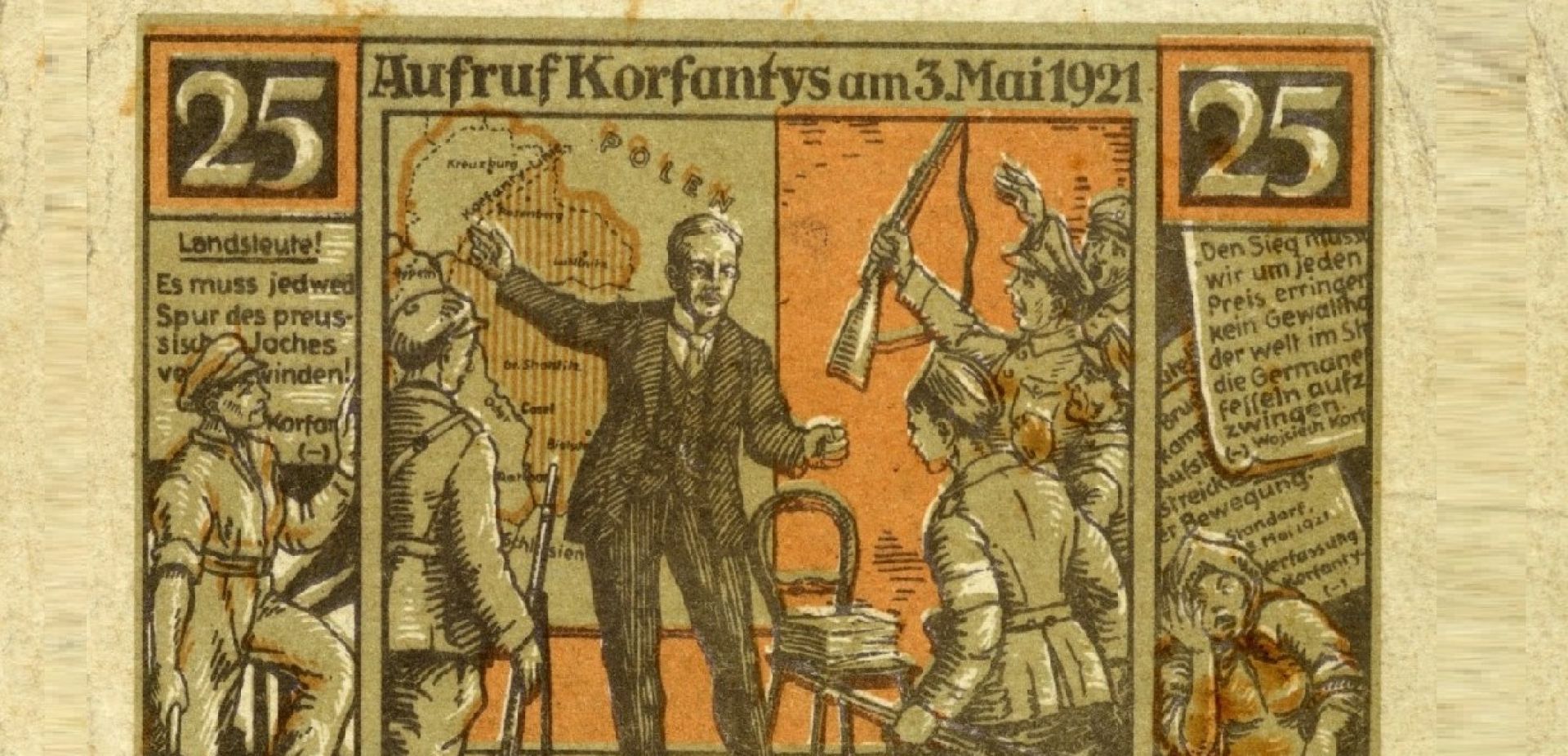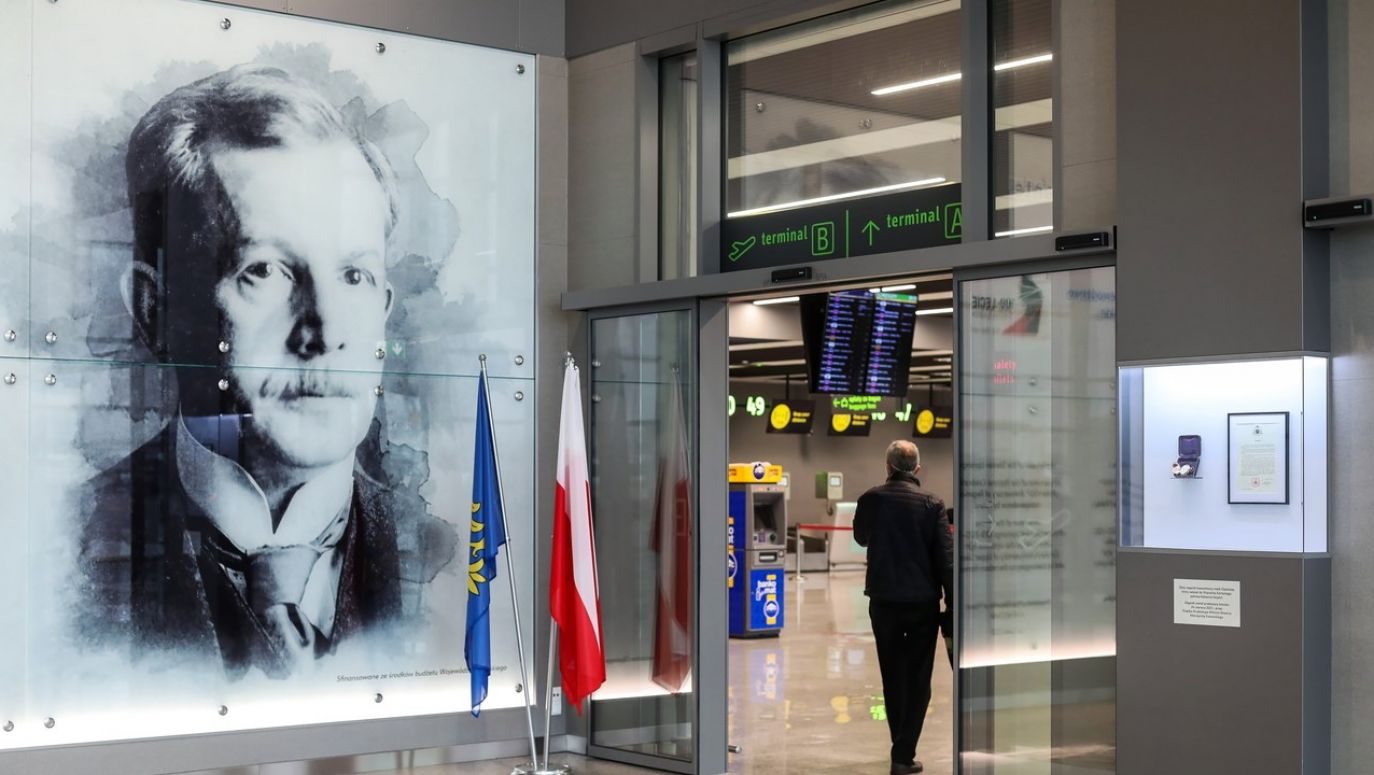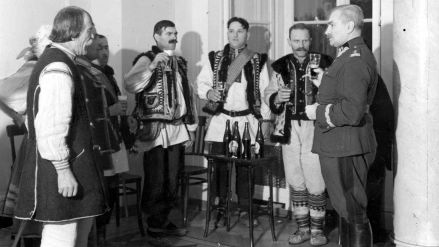The political 'wild one'. Korfanty aroused the aggression of opponents
19.04.2023
With his characteristic charismatic style, he condemned the rule of Piłsudski's "Sanation". President Ignacy Mościcki even said that Wojciech Korfanty had never loved Poland. Very strong words. All the more appalling as he had come to defend Poland in the coming war with Germany - PhD Mirosław Węcki, historian from the Katowice branch of the Institute of National Remembrance (IPN).
Can it be said of him that he made ideological and political volitions? First he was associated with the National Democrats, then with the Christian Democrats.
This was linked to his ideological and political advancement. But also due to the fact that he made enemies in the political circles in which he was active. He was an apodictic figure, so changes in political milieu could often be forced by the current state of personal relations prevailing in a given camp.
What was the reason for the reluctance of the authorities of the Second Republic towards Wojciech Korfanty after 1926? It is well known that he had exposed himself by putting on trial officers of the Polish Military Organisation (POW), including Lieutenant Michał Grażyński, for opposing the decision of the dictator of the Third Silesian Uprising to stop fighting the Germans at the decisive moment of the uprising. But was this reluctance solely due to this?
This was an element of personal reluctance towards him on the part of the Silesian insurgent circles associated with the Piłsudski camp. Many of them, already during the uprisings, were clearly gravitating towards that camp. But there were more reasons for this. Korfanty, as a politician of Christian democracy, belonged to the camp opposing Sanation. The May coup d'état of Józef Piłsudski was aimed at these circles, among others, in order to deprive them of power. Korfanty advocated the continuation of firm resistance to the Sanacja authorities. He made no secret of the fact that he regarded the May Coup as an unconstitutional and undemocratic seizure of power. The Sanation's revenge came swiftly: he was deprived of all posts in Upper Silesian industry and later arrested.
And yet he did not stop criticising the authorities.
With his characteristic charismatic style, he denounced the Sanation government, whether in the pages of the press he published, above all in the daily 'Polonia', or at the Silesian Sejm. IPN in Katowice is now publishing the second volume of his speeches at the Silesian Sejm in 1930-1935. We have previously published appearances from 1922-1929. In his statements, one can hear a sharp narrative, usually very accurate. These speeches did not please the ruling camp.
Is that why the authorities in 1938 did not allow him to come from exile to attend his son's funeral?
This is meanness and extremely petty behaviour. But this situation also shows what emotions were aroused among the sanators. The figure of Voivode Michał Grażyński obviously stands out in the foreground. But even among the highest circles of power Korfanty could not count on indulgent treatment at such a dramatic moment for him.

 SIGN UP TO OUR PAGE
SIGN UP TO OUR PAGE
 Why was he such a complex figure, as a person and as a politician?
Why was he such a complex figure, as a person and as a politician?





